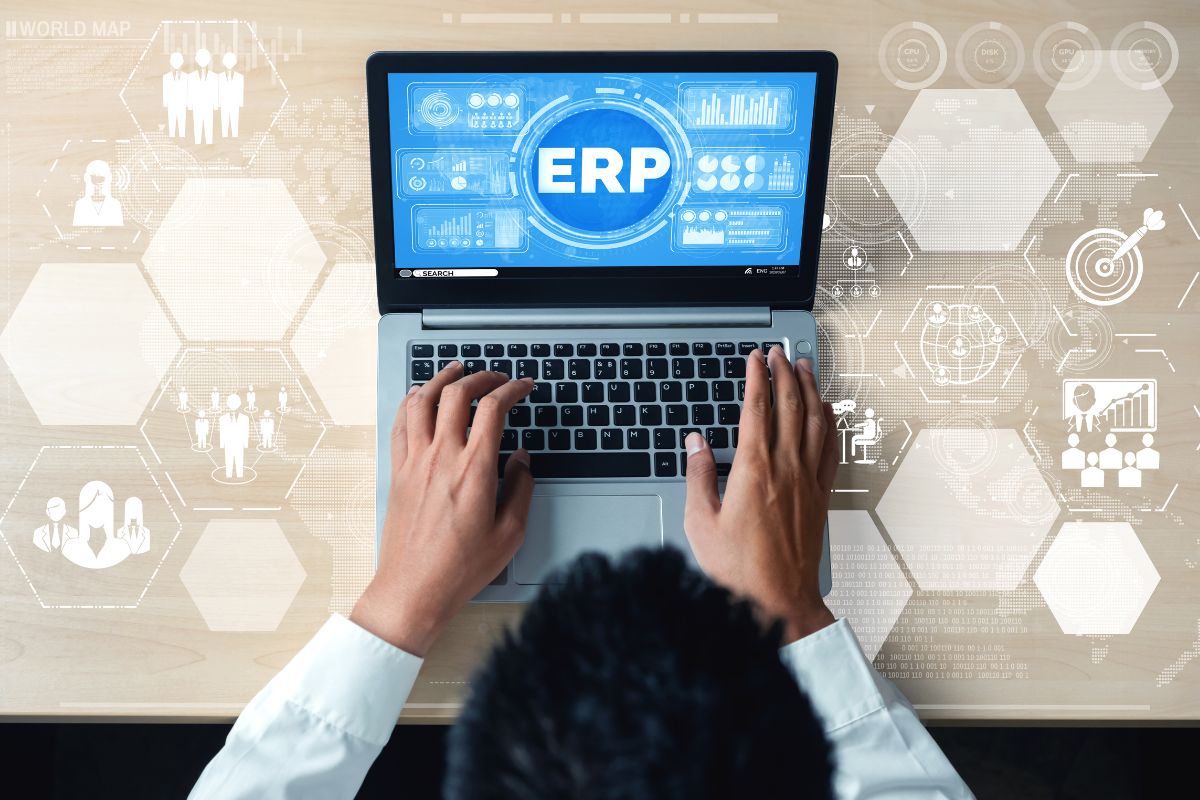In the rapid-fire environment of modern business, efficiency, and precision are essential. Accounting is one area where these two forces combine. Accounting, which was once a labor-intensive process, has significantly changed as a result of the development of automated accounting systems. These cutting-edge solutions use technology to speed up financial procedures, giving firms a number of advantages that may considerably simplify and improve their corporate operations. In this post, we’ll examine how automated accounting systems may simplify your professional life while providing information on their benefits and potential methods to help your organization.
Digital Accounting Definition
Automated accounting systems are computer programs created to perform financial activities with the least amount of human involvement. These systems conduct operations including data input, reconciliations, financial analysis, and reporting using algorithms and data integration. Automated accounting solutions improve accuracy by doing away with the requirement for manual data entry and lowering the possibility of human mistakes while also giving finance professionals more time to devote to more important tasks.
Advantages of AI Calculations
1. Increased Accuracy and Reduced Errors
Manual data input is prone to mistakes, which can result in calculations going wrong, disparities, and possible financial hazards. Automated accounting systems minimize these errors by employing predefined algorithms to perform calculations and reconcile financial data. This accuracy translates to reliable financial reports and compliance with regulatory standards, fostering trust among stakeholders.
2. Savings of Time
Traditional accounting processes like data input and reconciliation take a long time, which may considerably slow down financial operations. These procedures are sped up by automated accounting systems that quickly collect and process financial data. Finance professionals are able to manage their time more efficiently thanks to this time-saving tool, spending it on strategic planning and analysis rather than getting weighed down by tedious activities.
3. Improve Financial Visibility
Real-time information on a company’s financial health is provided via automation. Automated accounting systems produce current dashboards and reports that highlight important financial indicators and trends. Decision-makers now have immediate access to the information needed to help them decide well.
4. Simplified Compliance and Audit
For firms, adherence to accounting rules and audit obligations is crucial. Accounting software that is automated makes compliance easier by keeping precise and well-organized financial records. The auditing process can be made simpler by these systems’ ability to provide audit trails, monitor changes, and make sure that financial data complies with legal requirements.
5. Competitive Pricing
Even while installing automated accounting systems initially costs money, the savings over time are substantial. Businesses can reduce their requirement for manual labor and reduce their employee costs. The capacity to spot cost-saving possibilities and the reduction in mistakes also help to increase financial efficiency
Key Characteristics of Automated Accounting Systems
1. Data Entry Automation
Automated accounting systems streamline data entry through interfaces with other applications, such as e-commerce platforms or CRM systems. This integration ensures that financial data is automatically imported, minimizing the need for manual input and reducing the risk of errors.
2. Bank Reconciliation
Bank reconciliation is a crucial task that ensures the accuracy of financial records. Automated accounting solutions can match transactions between a company’s records and bank statements, quickly identifying discrepancies and ensuring that the financial data is consistent and up-to-date.
3. Expense and Invoice Management
The processing of bills and costs, from generation through approval and payment, can be handled by automated systems. With the help of this tool, manual invoice processing takes less time and effort while also lowering the possibility of double payments or missed deadlines.
4. Accounting and Reporting
Automated accounting systems make it easier to provide thorough financial reports. Decision-makers may use these tools to generate conventional reports, unique reports, and visual dashboards that offer insights into many financial elements and aid in performance monitoring and long-term planning.
5. Security of Data
Strong security features are frequently included with an automated accounting system to safeguard private financial data. The security and integrity of financial data must be maintained at all times, which requires user access controls, data encryption, and frequent backups.
Considerations for Implementation
1. Scalability
Consider scalability while selecting an automated accounting system. The software should be able to accommodate the expansion of your company and changing financial requirements without requiring a whole rewrite.
2. Compatibility with Integration
Make sure the system you choose can work flawlessly with your current software programs. The necessity for manual data transmission across systems can be decreased thanks to these integration capabilities.
3. User Education
Even if user-friendly automated accounting solutions are created, it is crucial to adequately train your financial personnel. With the right training, you can be confident that your staff will be able to make the most of the system’s capabilities and advantages.
Final Words
For organizations of all sizes, the switch to automated accounting systems provides a considerable improvement in productivity and accuracy. These systems provide benefits including improved accuracy, time savings, improved financial insight, streamlined compliance, and cost-effectiveness by leveraging technology to expedite financial activities.
Businesses may streamline their accounting processes while concentrating on strategic decision-making by using features like data input automation, bank reconciliation, invoice and cost management, financial reporting, and rigorous data protection. Scalability, integration compatibility, user training, and vendor support should all be taken into account when deciding whether to deploy an automated accounting system. Adopting automated accounting solutions may really simplify your work life and provide you with more confidence and ease while navigating the complexity of money.












